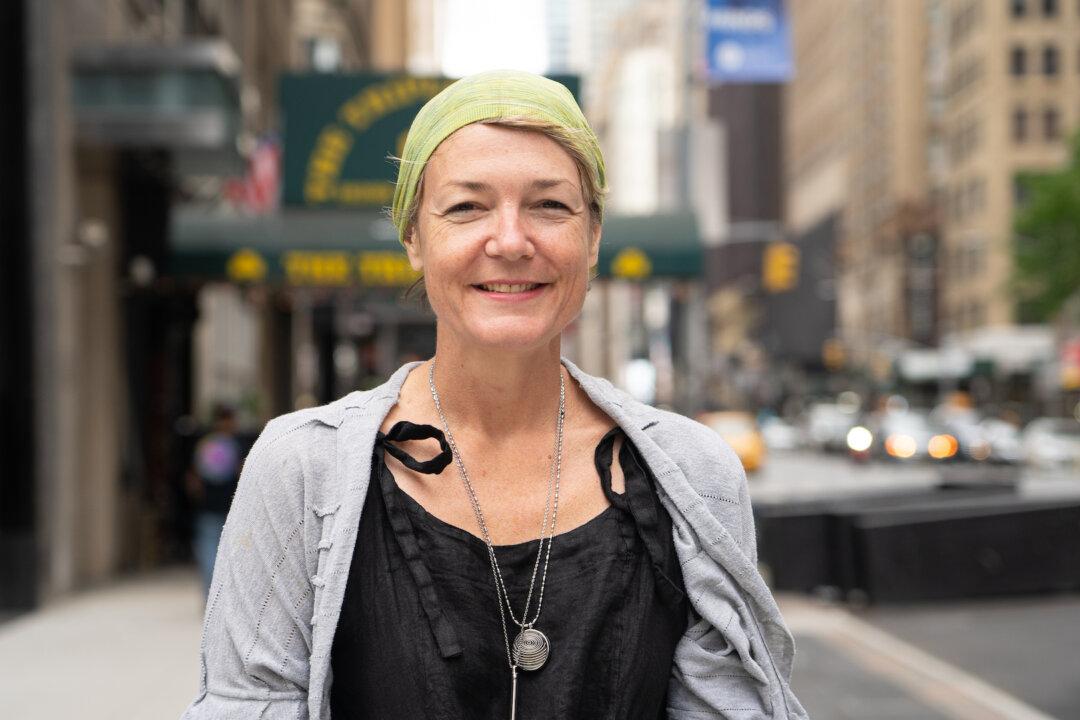Jodi Shaw has become an influential figure in opposing critical race theory (CRT) equity staff training. As a life-long liberal, she became prominent in 2020 when she stood up to her alma mater and employer, Smith College, for requiring CRT equity training.
Now Shaw is suing Smith College for violating her civil rights.






